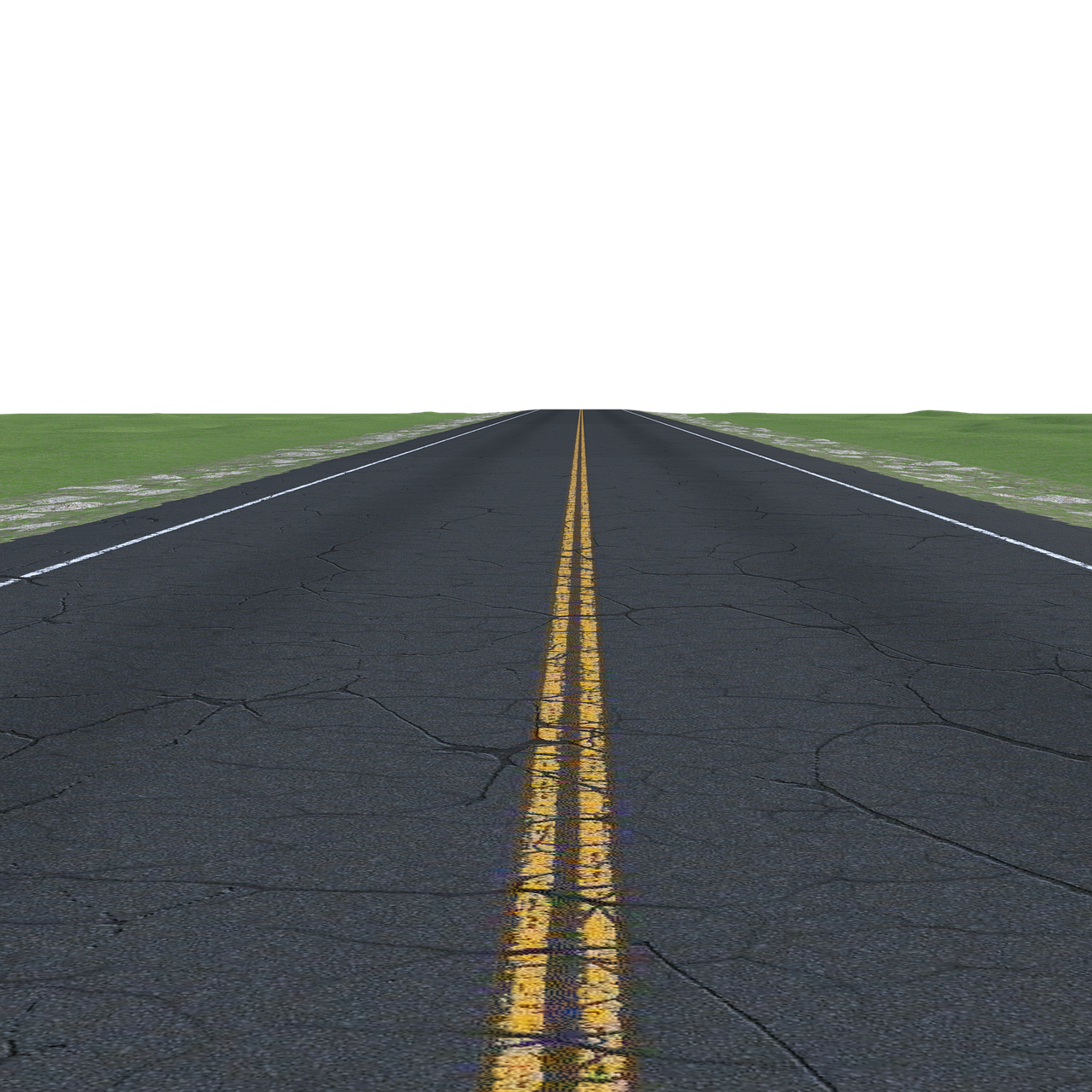When Mapquest came to the market, it seemed like a miracle. While I have been in the mapping and GIS field since the mid-1980s, the ability to get directions without having to use a paper map was amazing. Yet, it took the advent of the smartphone to really bring this new tool to the masses. And when it did, it completely changed human spatial awareness, especially with the youth. Today, many drivers only know where they are and where they are going, from the sound of their phones giving them real-time directions.
I am doing an experiment to see how this new phenomenon works. I moved back to a city I left during COVID. Instead of driving to a place based on my memory, I am using Apple Maps for ALL my trips. So far, I have found it to be easier. I don't have to think ahead, I can think about other things and I get to my destination quicker (most of the time!)
Oddly, however, I am losing my spatial construct of the city. My mental model is in routes with small buffers around them. I know what is along the route as I look around but not what is deeper in a place. When I go farther, outside my city, I lose the entire context of the drive. I only see highways and route lines and hear the voice of the navigator.
Growing up on maps.
Recently, I mentioned to a young adult that when he was driving back from his girlfriend's house that he would be near a location that he knew from family trips. He had no idea. He literally had no idea where he was going in relation to anything around him. He just asked Siri to route him and then he starts driving. In one case, he did not even know he was going over mountains. Now, this may sound familiar and unsurprising, but it got me thinking.
What is this doing to our youth's mental model of the world?
One side effect of navigational mapping is that we start to see geography differently. While we all have some disconnected views of geography (planes were big disruptors of spatial connectedness), this new phenomenon is different. It is changing our view of even our local geography. Increasingly, we see the world through our online apps, and map/navigation apps are now embedded into our subconscious. When we ask someone "Where are you?", they often reply with "I am 45 minutes out." Travel is thought of in terms of time, not location.
Online mapping and routing are embedded into our subconscious.
What does this mean for our society? How does this affect urban planning models? Can we design places to encourage exploration as we drive through? Is there a need for a different kind of app that brings spatial awareness to society?
I have not found research on this topic. There is so much to look at in terms of the effect of apps, social media, and COVID on youth development, it is not surprising that mapping is pushed to the back. But, as a geographer, I am deeply interested in this topic. We are not going back to paper maps, but where should the mapping industry focus in the next 5 years? How can we enrich online mapping apps to bring better spatial awareness rather than limit it?
Ideas, thoughts, insights? Let's talk about it!




